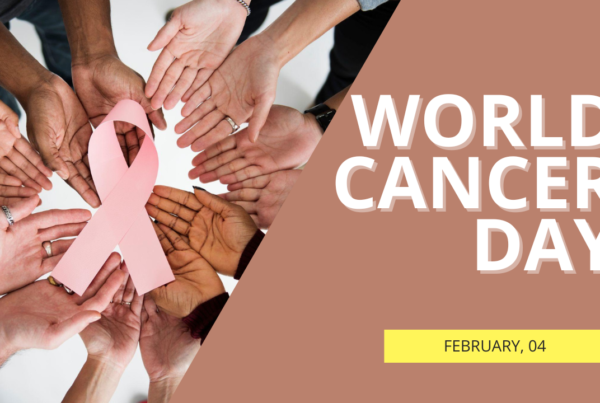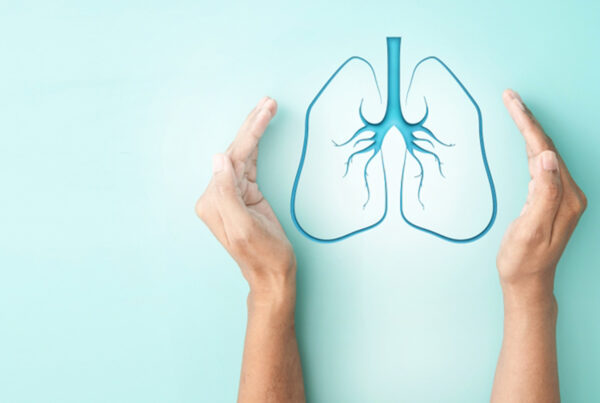Depression affects different people in many different ways. It can be a numbness or emptiness where you don’t feel happy, sad or angry.
Sometimes it can feel like irritation or frustration. Small issues suddenly feel big.
Sometimes you might lose enjoyment in things that would normally make you happy. You might feel like there’s nothing to look forward to.
It is a mood disorder that causes a persistent feeling of sadness and loss of interest. Also called major depressive disorder or clinical depression, it affects how you feel, think and behave and can lead to a variety of emotional and physical problems. You may have trouble doing normal day-to-day activities, and sometimes you may feel as if life isn’t worth living.
More than just a bout of the blues, it isn’t a weakness and you can’t simply “snap out” of it. Depression may require long-term treatment. But don’t get discouraged. Most people with depression feel better with medication, psychotherapy or both.
How does depression feel?
If any of these examples feel familiar, or if you just don’t feel okay, it’s worth talking to someone. It is treatable with the right support.
If you or someone close to you has been diagnosed with it the signs and symptoms listed on this page may be part of the condition.
Although it may occur only once during your life, people typically have multiple episodes. During these episodes, symptoms occur most of the day, nearly every day and may include:
Behaviour
It can look like:
- not going out anymore
- not getting things done at work or school
- withdrawing from close family and friends
- relying on alcohol and sedatives
- not doing usual enjoyable activities
- unable to concentrate
It can make you feel:
- overwhelmed or indecisive
- guilty
- irritable or frustrated
- lacking in confidence
- unhappy or disappointed
- miserable or sad
When you have depression you might think:
- ‘I’m a failure.’
- ‘It’s my fault.’
- ‘Nothing good ever happens to me.’
- ‘I’m worthless.’
- ‘Life’s not worth living.’
- ‘People would be better off without me.’
Suicidal thoughts
Sometimes people who are experiencing it may also experience suicidal thoughts.
For many people with depression, symptoms usually are severe enough to cause noticeable problems in day-to-day activities, such as work, school, social activities or relationships with others. Some people may feel generally miserable or unhappy without really knowing why.
Physical symptoms of depression can include:
- feeling tired all the time
- feeling sick and run down
- headaches and muscle pains
- stomach pain, butterflies or churning gut
- sleep problems
- loss or change of appetite
- significant weight loss or gain
Common signs and symptoms of depression in children and teenagers are similar to those of adults, but there can be some differences.
- In younger children, symptoms of depression may include sadness, irritability, clinginess, worry, aches and pains, refusing to go to school, or being underweight.
- In teens, symptoms may include sadness, irritability, feeling negative and worthless, anger, poor performance or poor attendance at school, feeling misunderstood and extremely sensitive, using recreational drugs or alcohol, eating or sleeping too much, self-harm, loss of interest in normal activities, and avoidance of social interaction.
Symptoms in older adults
Depression is not a normal part of growing older, and it should never be taken lightly. Unfortunately, depression often goes undiagnosed and untreated in older adults, and they may feel reluctant to seek help. Symptoms of depression may be different or less obvious in older adults, such as:
- Memory difficulties or personality changes
- Physical aches or pain
- Fatigue, loss of appetite, sleep problems or loss of interest in sex — not caused by a medical condition or medication
- Often wanting to stay at home, rather than going out to socialize or doing new things
- Suicidal thinking or feelings, especially in older men
https://www.mayoclinic.org/diseases-conditions/depression/symptoms-causes/syc-20356007




